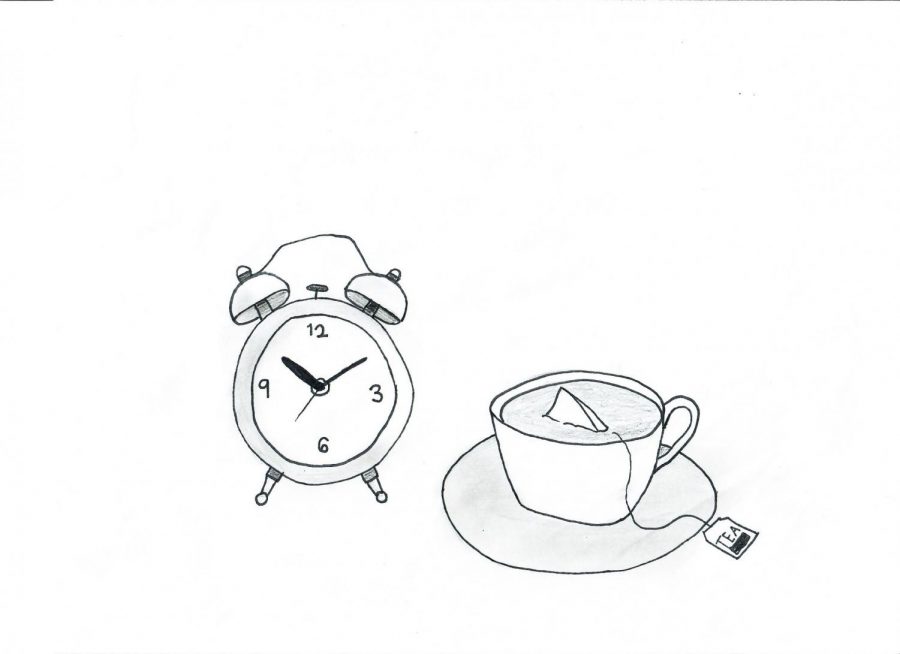Teenagers Lack of Sleep and Nutrition
February 14, 2019
The average amount of sleep that teenagers get is about 7 hours, while the recommended healthy amount is about 9 hours. Sleep deprivation can cause students to become more prone to sickness and anxiety. Lack of nutrition combines to increase stress, fatigue, sickness and disease.
Tim Crilly, the Athletic Trainer at LBHS, has been working here for four years. Crilly has observed that average sleep schedules are inadequate, and LBHS students are no exception.
“As teenagers, you are still growing, and your bodies are still developing. While we sleep is when much of this development occurs. Adding in the amount of activities that teenagers are participating in such as sports, work, etc., our bodies need the rest to recover and rebuild from the strain we put on ourselves daily. While 7-9 hours is still a fair amount of sleep, a more adequate number would be 8-9 hours. Sleeping one extra hour a night adds up to an additional 7 hours of sleep in a week. It has also been shown in numerous studies that the less sleep an athlete obtains…the risk for injury becomes higher,” said Crilly.
In addition to sleep schedules, a high school student’s diet needs to consist of proper nutrients to get them through the day and keep them healthy.
“Diets should be about moderation. Junk food is not meant to be the majority of our diets, but in moderation, it will not hurt you,” said Crilly. “A balanced diet should consist of protein, carbs and fats. Fats should make up about 30% of our diets. For these, we should be eating ‘healthy fats.’ Carbs are what our bodies use for energy and fuel. Protein is what our bodies use to build and repair itself.”
In order to achieve an ideal sleep schedule, students should set a plan.
“A bed time should consider the time an individual needs to wake up for work, school, etc. Most students at LBHS begin school at 7:30 a.m.,” said Crilly. “With that start time, a student should wake up about an hour to 90 minutes before to have a good breakfast, which is the most important meal of the day, and get ready to drive, walk or other ride to school. If a student wakes up at 6:00 a.m., then he or she should go to bed at approximately 10:00 p.m.”
It is difficult enough for students to balance a social life when they have sports and school work, but if a student is both very social and works hard in school, they will have a tough sleep schedule.
“The best thing to do is create consistency. If anything, just wake up at the same time every day. And if you wish to sleep in, do so for no more than 30 minutes,” said Crilly.
Those who are willing to make deliberate shifts in their sleeping and eating patterns are sure to see results.
“There are numerous benefits to obtaining adequate amounts of sleep and eating healthy meals consistently. Overall health benefits [include] improved immune systems, hormone levels and cognitive function,” said Crilly. “It will also help to reduce the risk of injuries when participating in sports or other physical activities as well as help with recovery from those activities. If an athlete is looking to meet their goals of getting bigger, faster, stronger, or wanting to lose body fat, sleep and nutrition will greatly contribute to obtaining those goals.”









